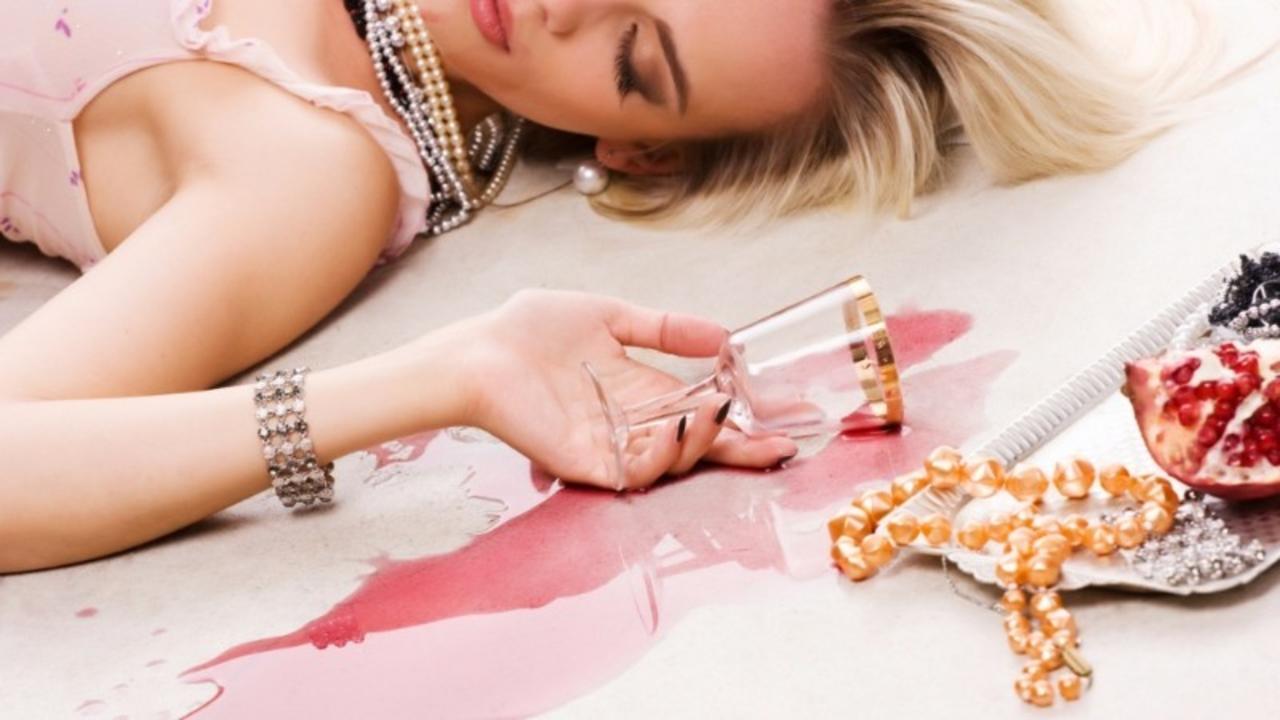The Gifts of Sobriety - What I Didn't Know About Recovery Before I Got Sober

The Gifts of Sobriety
What I Didn't Know About Recovery Before I Got Sober
While I was still drinking I had no idea what it would be like to be sober. In the brief moments I contemplated not drinking, I thought all the fun would stop and I'd be sentenced to a life of misery without alcohol. My delusional thinking told me everything was just fine when in reality, I had a lot of shame about my behaviors while under the influence of alcohol. No one told me how incredible life in recovery would be.
Here are just a few of the many gifts of sobriety I didn't know which were waiting for me in recovery.
- I’d have so much fun AND remember it!
- Everything can be healed.
- Relationships with my kids would be tender and real.
- I’d be given a peace I’d never known.
- I’d learned to ask for help.
- I would never have to be alone.
- I’d have a solution to all my fears.
- I’d find a God of my understanding.
- I’d meet the most amazing friends.
- I’d learned to forgive others and myself.
- I’d find my ...
Compassion in Recovery: Perspectives to Keep in Mind

Compassion in Recovery: Perspectives to Keep in Mind
by
RUTA STERNBERGS, Ed. D., Psy. D., CADC-II
What is compassion in recovery?
The dictionary defines compassion as the “sympathetic pity and concern for the sufferings or misfortunes of others.” In recovery, it is the extension of that same empathy and concern towards oneself, which means treating oneself with the same level of kindness and respect that one would show others in their time of need. As individuals come out of their drug and alcohol addiction and realize the full impact of their past mistakes, it’s tempting for them to feel guilt and shame for the harm they have caused others while they were addicted. Compassion in recovery, a vital skill that people learn in dual diagnosis treatment, helps promote healing by removing obstacles of shame and guilt that often cripple an individual’s progress to full recovery.
Where does self-compassion come from if you’ve never had it in the first place?
Many who enter the dark wor...
Avoiding Triggers and Relapse During the Holidays for Sober Moms

Recovering from an addiction is tough enough, but when you throw in the tremendous responsibilities of motherhood, resisting cravings and remaining abstinent—much less enjoying the rewards of the holidays—can seem like an impossible challenge.
The holidays can bring up many uncomfortable feelings of stress, loneliness, financial fear and overwhelm which can often trigger a relapse. For the alcoholic or addicted mom trying to get sober or stay sober, it’s vital we know what our triggers are and step-up our recovery plan to avoid a relapse. I heard someone once say, “we are either working on our recovery or working on a relapse.”
Once we know what our danger signs are, we can watch out for them. So when we identify the triggers, we can see them as highw...



